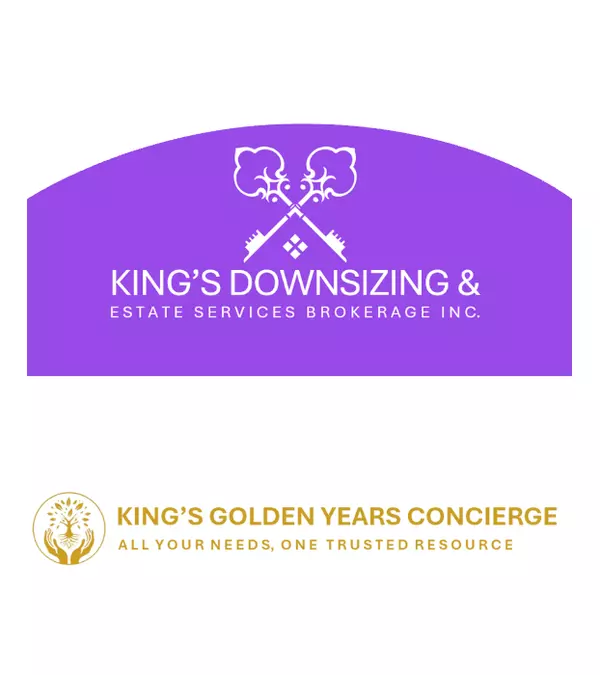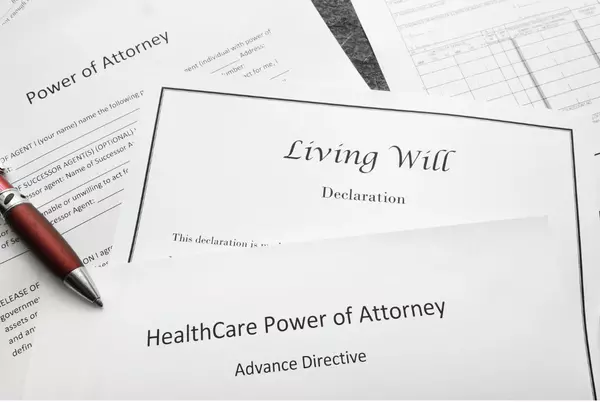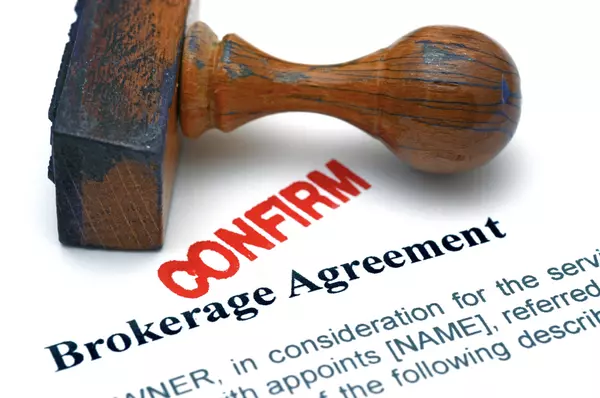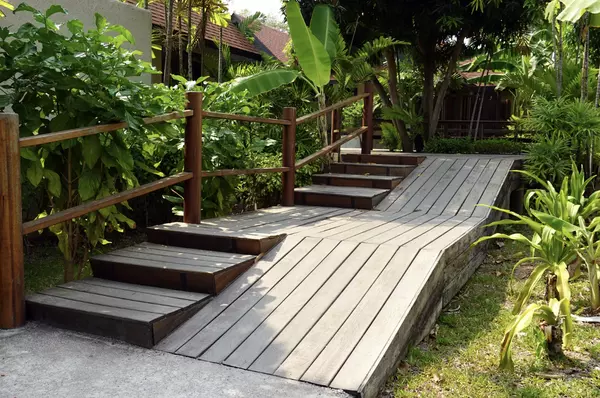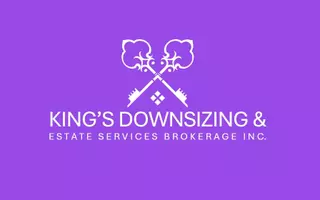Exciting News: King's Downsizing & Estate Services Becomes a Full-Service Real Estate Brokerage!
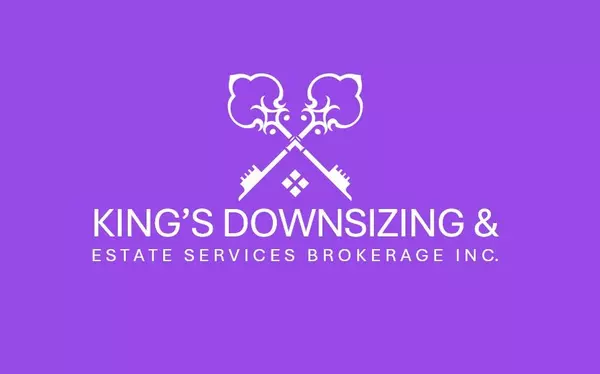
We’re thrilled to share some incredible news with our community: King’s Downsizing & Estate Services is now officially a full-service Real Estate Brokerage! This exciting new chapter allows us to better serve older adults and their families with seamless, one-stop, concierge-style support through e
Read MoreTop Considerations When Downsizing: Finding the Right Fit for Your Future

Downsizing is more than just moving to a smaller space—it’s about embracing a new chapter of life that better reflects your current lifestyle, priorities, and future goals. Whether you’re planning ahead or navigating a transition brought on by changing health or family dynamics, downsizing offers a
Read MoreFinding the Right Retirement Residence for Your Lifestyle and Needs

Choosing the right retirement residence is a significant decision that can impact your quality of life for years to come. With so many options available, it can be overwhelming to navigate through the variety of choices, each offering different levels of care, amenities, and lifestyles. At King
Read MoreWhat to Expect When Moving to a Life Lease Community

As we age, the desire for a secure, comfortable, and supportive living environment becomes more prominent. For many seniors, a life lease community presents an excellent option, offering a blend of independence, security, and peace of mind. At King's Downsizing & Estate Services, we understand that
Read More-

Choosing the right senior living option is a critical decision that can significantly impact your lifestyle, financial health, and overall well-being. Among the various choices available, Land Lease and Life Lease arrangements are two popular options that cater specifically to seniors. Understanding
Read More Mastering Real Estate Etiquette: Unspoken Rules for Smooth Transactions
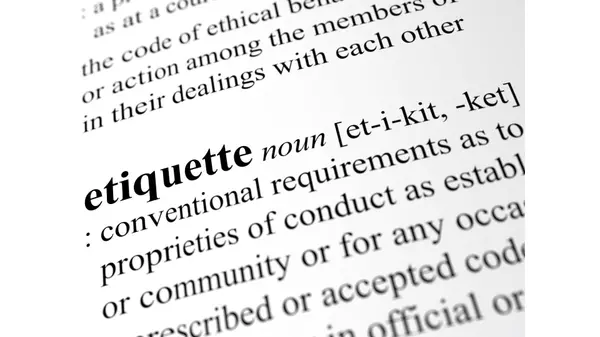
As you step into the housing market with eagerness, it's easy to get carried away in the excitement. Yet, amidst this emotional high, it's crucial to heed the unspoken etiquettes that could significantly impact your home-buying journey. These guidelines extend beyond the legalities outlined in real
Read More-

When choosing a downsizing option, it's essential to consider various factors, such as location, amenities, services, and budget. Each 55+ living option mentioned above has its unique advantages, so it's crucial to explore the options and determine which one aligns best with your requirements and pr
Read More
Categories
- All Blogs 73
- 55+ Living Communities 20
- Aging-In-Place 16
- Community Engagement 3
- Concierge 13
- Decluttering 8
- Downsizing 31
- Estate Planning 6
- Estate Settlement 26
- Fall Prevention 11
- General 18
- Home Safety 8
- International Retirement Living 4
- Land Lease 6
- Life Lease 7
- Lifestyle 15
- Out of Town Estate Settlement 24
- Probate 22
- Real Estate 4
- Retirement Residences 17
- Tax Returns 4
- Wealth Transfer 21
Recent Posts


